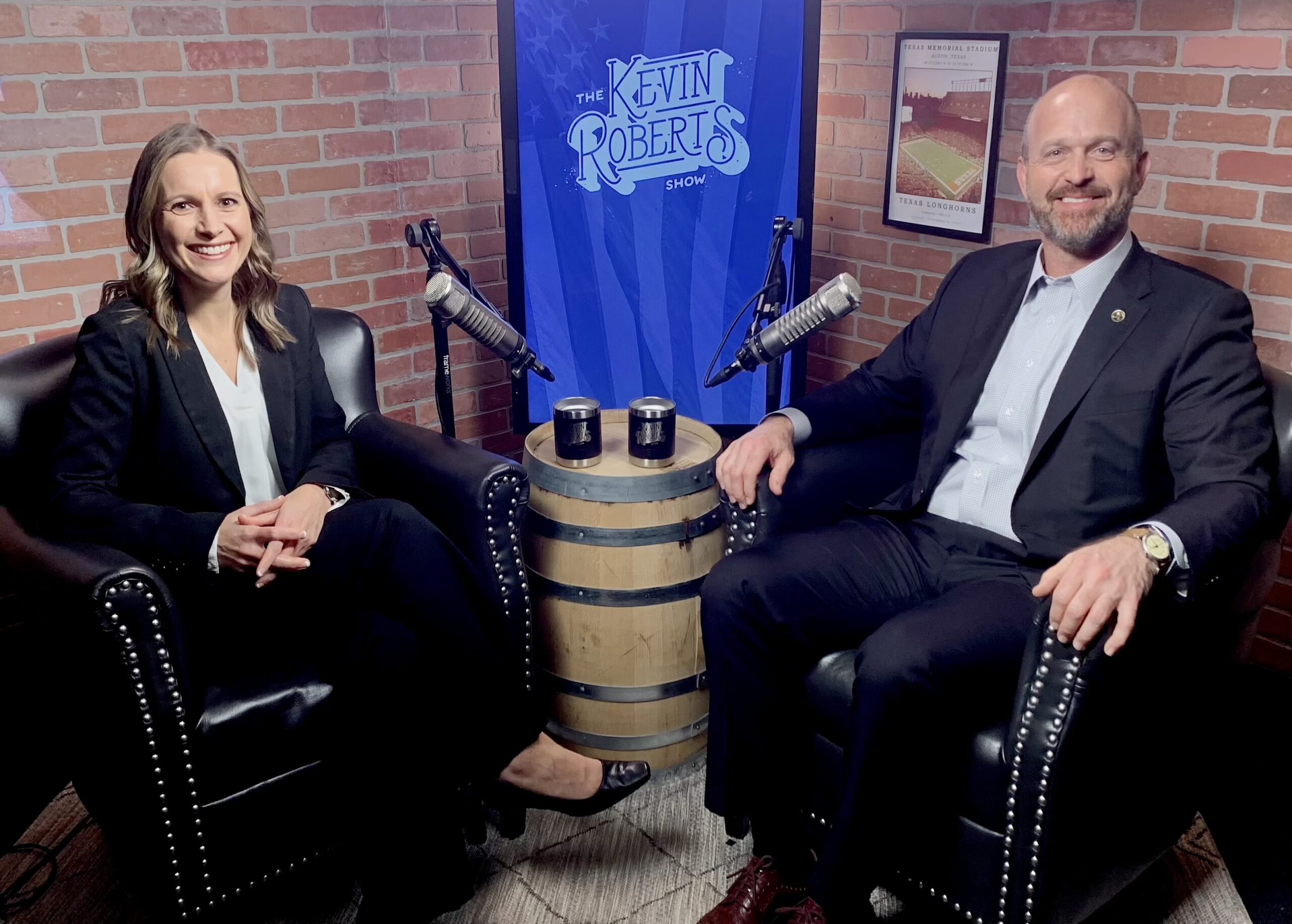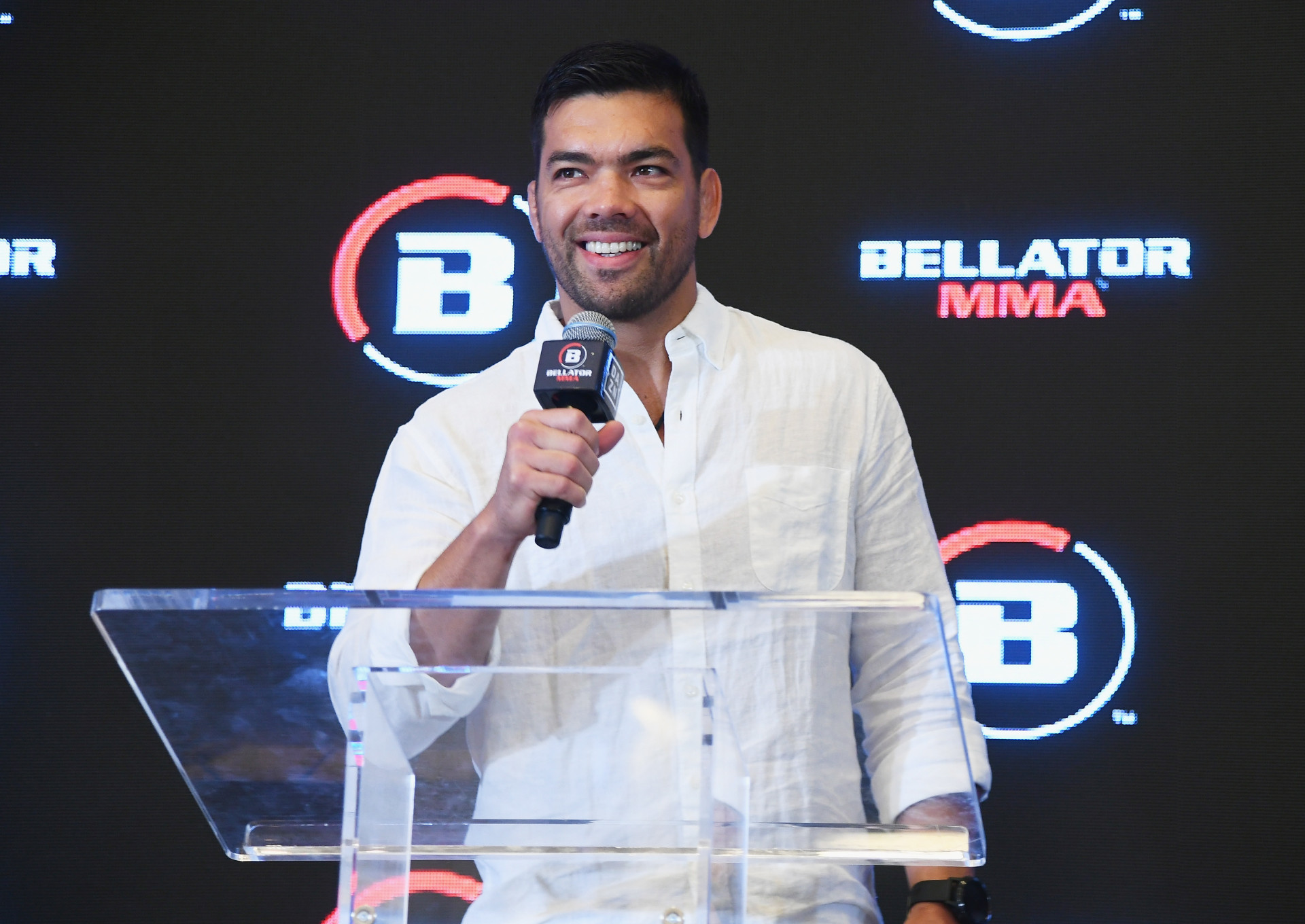What happened to Shiniichi Hatori Takes A Break: Absence And Return Of The Master Cyclist? "Shiniichi Hatori Takes A Break: Absence And Return Of The Master Cyclist", it's title by itself enough to arise queries among cycling lover.
Editor's Notes: "Shiniichi Hatori Takes A Break: Absence And Return Of The Master Cyclist" have published today date. As cycling lovers we know the worth of this information. That's why we made an effort, dig the information about "Shiniichi Hatori Takes A Break: Absence And Return Of The Master Cyclist", put altogether in easy to read. We hope this will provide you enough information about "Shiniichi Hatori Takes A Break: Absence And Return Of The Master Cyclist".
In order to provide a comprehensive overview of "Shiniichi Hatori Takes A Break: Absence And Return Of The Master Cyclist", we researched article, watch videos, and analyze related data, information, and facts. Following are provided information that will help you understand "Shiniichi Hatori Takes A Break: Absence And Return Of The Master Cyclist".
Key differences or Key takeways about "Shiniichi Hatori Takes A Break: Absence And Return Of The Master Cyclist"
| Details | "Shiniichi Hatori Takes A Break: Absence And Return Of The Master Cyclist" |
|---|---|
| Published Date | Today Date |
| Reason | Will be given |
| Future Status | Will be given |
In this article you will read about "Shiniichi Hatori Takes A Break: Absence And Return Of The Master Cyclist"
FAQs
This section addresses frequently asked questions and common misconceptions regarding Shiniichi Hatori's absence and return to professional cycling.
NSFAS chair takes leave of absence - Source vnexplorer.net
Question 1: What prompted Shiniichi Hatori's initial absence from professional cycling?
Hatori's hiatus stemmed from a combination of physical and mental factors. After a long and demanding season, he experienced fatigue and burnout, leading him to reassess his goals and seek a break from the competitive arena.
Question 2: How did Hatori's absence affect his career?
While Hatori's absence raised concerns about his future, it ultimately allowed him to rest and recharge, both physically and mentally. He used the time to train independently and focus on rebuilding his passion for cycling.
Question 3: What factors contributed to Hatori's decision to return to racing?
Hatori's love for cycling, coupled with a renewed sense of purpose and the support of his team, family, and fans, fueled his decision to make a comeback. He recognized the potential to achieve his goals and inspire others through his return.
Question 4: How has Hatori's absence and return impacted his approach to cycling?
The break has given Hatori a fresh perspective. He has learned the importance of self-care, goal setting, and surrounding himself with a supportive team. His return is marked by a newfound determination and a focus on enjoying the sport he loves.
Question 5: What can fans expect from Hatori upon his return to racing?
Fans can anticipate seeing a re-energized and motivated Hatori on the bike. He is eager to showcase his abilities, compete at the highest level, and inspire others through his journey.
Question 6: What is the significance of Hatori's return for the cycling community?
Hatori's return symbolizes the power of perseverance and the importance of pursuing one's dreams. His story serves as a testament to the transformative nature of taking a break, re-evaluating priorities, and returning with renewed vigor.
In conclusion, Shiniichi Hatori's absence and return to professional cycling have been a testament to his resilience and dedication to the sport. His story offers valuable insights into the importance of self-care, determination, and the transformative power of a break.
Moving forward, the cycling community eagerly awaits Hatori's return to racing, where he is poised to make a significant impact both on and off the bike.
Tips by Shiniichi Hatori Takes A Break: Absence And Return Of The Master Cyclist
Renowned cyclist Shiniichi Hatori's unwavering commitment to cycling has brought him both accolades and setbacks. His recent break from competitive cycling offers valuable insights into the importance of physical and mental recovery for athletes at the highest level. Here are some of the key takeaways from Hatori's experiences:
Tip 1: Prioritize Rest and Recovery
Pushing the body beyond its limits can lead to burnout and injuries. Hatori's break allowed him to focus on rest and recovery, giving his body time to heal and replenish its energy stores.
Tip 2: Seek Professional Guidance
A break from training can be an opportunity to consult with coaches, trainers, and medical professionals. They can assess an athlete's physical and mental state and provide tailored advice on how to optimize recovery and prepare for a return to competition.
Tip 3: Engage in Cross-Training Activities
Hatori utilized his time away from competitive cycling to engage in cross-training activities such as swimming and yoga. These activities helped him maintain fitness levels while reducing the strain on his body associated with intense cycling.
Tip 4: Focus on Mental Well-being
Mental health plays a vital role in athletic performance. Hatori's break allowed him to de-stress, recharge, and re-energize his mind. He engaged in activities such as meditation and mindfulness practices.
Tip 5: Set Realistic Goals
Upon returning to competition, it's crucial to set realistic goals. Hatori gradually increased his training intensity and volume to avoid setbacks and allow his body to adapt to the demands of competitive cycling.
Hatori's experiences provide a valuable reminder that rest and recovery are essential components of athletic success. By following these tips, athletes can maximize their performance and longevity in their chosen sport.
Shiniichi Hatori Takes A Break: Absence And Return Of The Master Cyclist
Shiniichi Hatori's absence from professional cycling was a pivotal moment in his career and the sport itself. His return marked a new chapter, showcasing his resilience and unwavering determination. Six key aspects underscore this period:
- Hiatus: A necessary break to recharge and re-evaluate.
- Recovery: Overcoming physical and mental challenges during absence.
- Reinvention: Returning with a renewed mindset and altered training approach.
- Triumph: Achieving significant victories post-break.
- Legacy: Cementing his status as one of the sport's greats.
- Inspiration: Providing hope and motivation to fellow athletes and fans.

Keri D. Ingraham on The Kevin Roberts Show: Breaking the K-12 Education - Source www.discovery.org
Hatori's hiatus served as a catalyst for personal growth and professional reassessment. His return demonstrated his exceptional resilience and ability to overcome adversity. Additionally, it highlighted the transformative power of time, perseverance, and the relentless pursuit of excellence. Hatori's story serves as an inspiration to all, reminding us that breaks and setbacks can be opportunities for rejuvenation and ultimately, triumph.
Shiniichi Hatori Takes A Break: Absence And Return Of The Master Cyclist
Shiniichi Hatori's absence from the cycling world was due to a combination of personal and professional factors including injury and mental health concerns. His return to professional cycling marked a significant moment in the sport.

Sean Kelly says former An Post team will wait to return to cycling - Source www.stickybottle.com
Hatori's story highlights the importance of taking breaks from demanding activities to prioritize mental and physical well-being. It demonstrates the resilience and determination required to overcome challenges and return to competitive performance.
Understanding the connection between Hatori's absence and return provides valuable insights into the importance of breaks and recovery within the context of intense athletic endeavors.
| Component | Connection |
|---|---|
| Absence | Result of injury and mental health concerns, highlighting the need for breaks in demanding activities. |
| Return | Demonstration of resilience, determination, and the significance of overcoming challenges in competitive sport. |
| Personal Factors | Emotional struggles and mental health concerns impacting his performance and well-being. |
| Professional Factors | Injury and the need for physical recovery, leading to a break from competitive cycling. |
